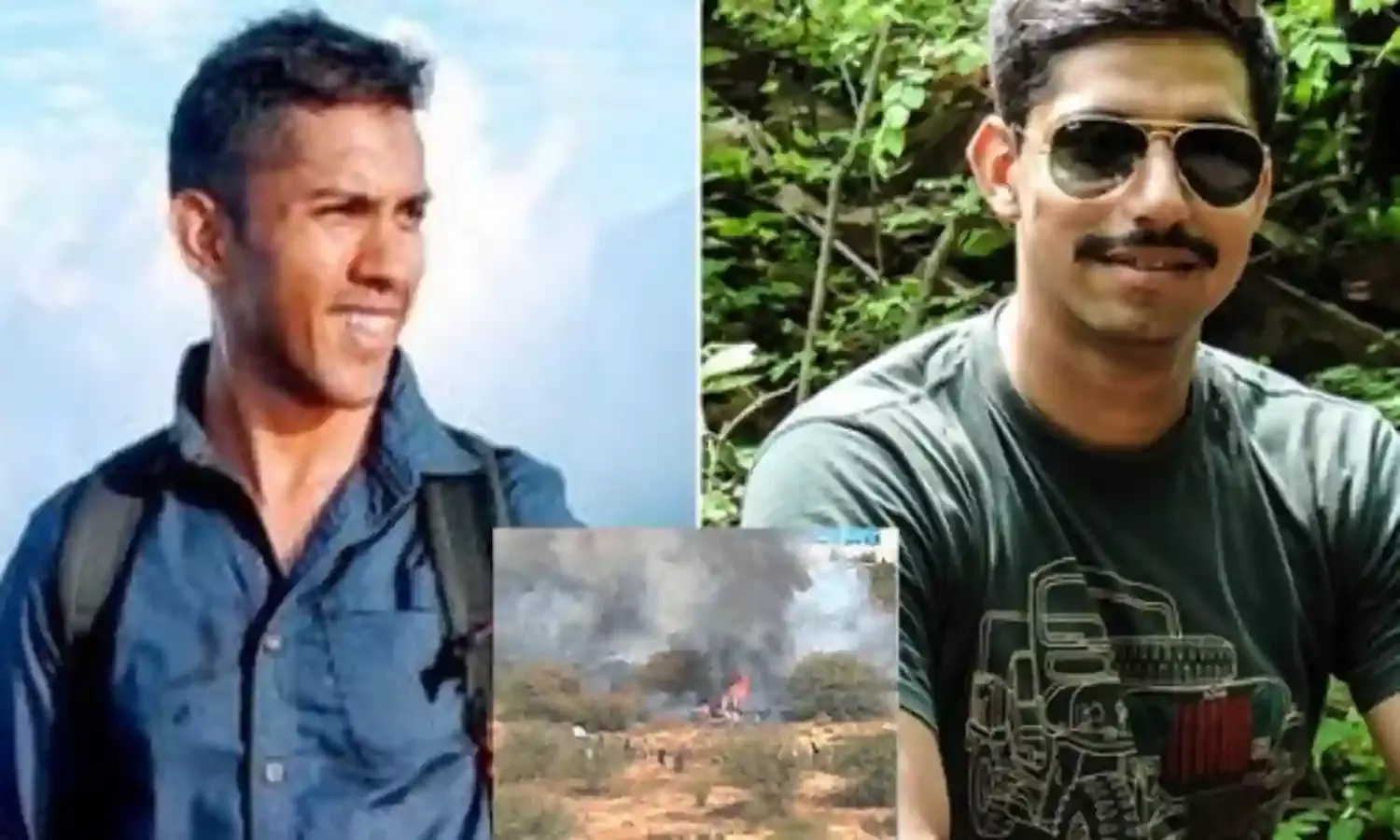Former Finance Secretary Writes to Defence Minister to Stop Using HAL For Political Patronage
Mirage Crash Kills 2 Ace Pilots

Dear Smt Sitharaman,
Please refer to my letter dated 10-10-2018 on issues related to strengthening HAL as the premier PSU in the defence aviation sector.
I felt anguished when I heard about the recent Mirage 2000 crash at the Hindustan Aeronautics Limited’s airport, which resulted in the death of two ace test pilots of IAF. The Union Defence Ministry should ponder over the factors that have contributed to this tragedy and learn lessons.
From what I gather from the enclosed news report, Shri Rajeev Chandrasekhar, your party Member of Parliament from Karnataka has rightly referred to the need to hold HAL technically accountable for such incidents that cost the lives of the pilots.
Underscoring the gravity of the incident, former Naval chief Admiral Arun Prakash said on Twitter, “The Mirage was not being flown by ordinary pilots; these were superbly trained Aircraft and Systems Testing Establishment (ASTE) test pilots.”
He said the military has, for decades, flown “poor quality HAL machines and often paid with young lives but no reckoning for HAL management.”
“Time to focus on the leadership and directors of this giant PSU,” he noted, and added that HAL-bashing may be justified up to a point, but it was time to question our elected representatives too.
What Admiral Arun Prakash has said raises some basic concerns about the relationship of your Ministry vis a vis HAL. As rightly said, it is time to question not only HAL but also the elected representatives who guide the destiny of HAL.
Has your Ministry helped strengthening the management of HAL? In my earlier correspondence, I pointed out the casual manner in which your Ministry had dealt with appointments to the Board of Directors of HAL.
The Ministry of Heavy Industry & Public Enterprises (DPE) has issued guidelines (DPE No. 18(8)/2005 GM-dated 14-5-2010) on the appointment of Non-Official Directors of PSU Boards. The relevant portion of this is extracted below.
"The induction of Non-Official Directors on the Boards of PSEs has been considered essential by various Committees and Commissions in order to make the Boards more professional. They are to be drawn from the public men, technocrats, management experts and consultants, and professional managers in industry and trade with a high degree of proven ability"
It is ironic that HAL, at its website, declared that the composition of its Board of Directors conforms to the above guideline. From a cursory look at the composition of HAL's Board, it is clear that it is not so.
Has not your Ministry infringed these guidelines by nominating a political party worker as a Non-Official Director of HAL's Board? Would it not therefore imply that the responsibility for a failure, if any, on the part of HAL should also devolve on your Ministry?
Secondly, HAL with its more than seventy-year long track record in aviation industry, should have been nurtured by your Ministry into becoming the flagship PSU in defence aviation in the country. However, the manner in which your Ministry has jettisoned HAL from the Rafale deal ran counter to this idea. Perhaps, your Ministry should study how China has grown from strength to strength in the field of defence aviation and has converted itself from an importer of defence aviation equipment into an exporter.
The Moscow-based Centre for Analysis of Strategies and Technologies (CAST) published a comprehensive study in 2012 on the meteoric rise of China in the field of defence aviation. China leapfrogged two generations of technology in this field by creating China Aviation Industry Corporation (AVIC), a public sector behemoth with commercial and functional autonomy to become the lead manufacturer of defence aviation equipment hand-in-hand with indigenous private sector industry. Instead of resorting to PSU bashing, China adopted an entirely different approach, that of encouraging AVIC to put on the mantle of the lead manufacturer. As a result, AVIC could absorb technology from outside, innovate and come up with its own versions within a very short time.
Foreign agencies would like to maintain their hegemony in sensitive areas like defence manufacture and India should not fall prey to it. Many foreign companies would prefer to join hands with weak, fragile local companies so that they may continue to dominate the manufacture for decades to come. India needs to adopt a pragmatic strategy with the help of its PSUs, rather than caving in to foreign pressures.
I suggest that your Ministry revisits the composition of HAL's Board immediately and bring in professional talent and experience, rather than treating PSU Boards as fiefdoms of political patronage.
Your Ministry should also look at the management systems of HAL and strengthen the same so that HAL could become functionally autonomous and professionally strong enough to be able to lead the indigenisation effort, as China has done.
These are lessons that all political parties in India should learn.
Regards,
Yours sincerely,
E A S Sarma
Former Secretary to GOI
Visakhapatnam
3-2-2019


